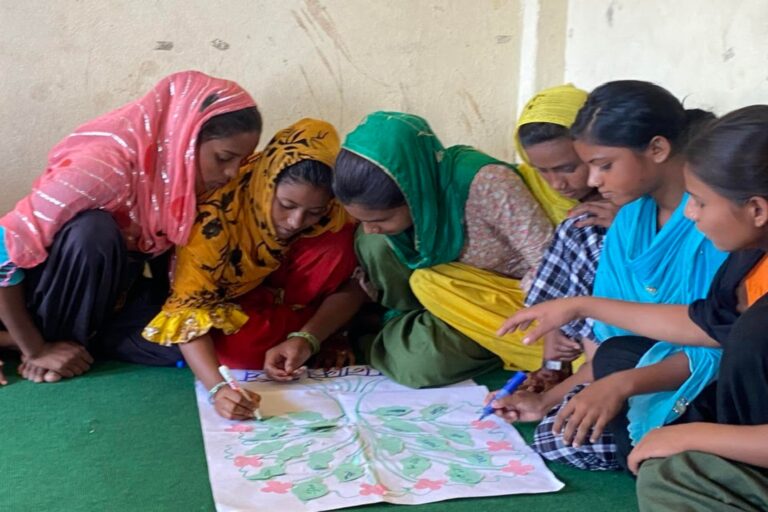
Category International Development

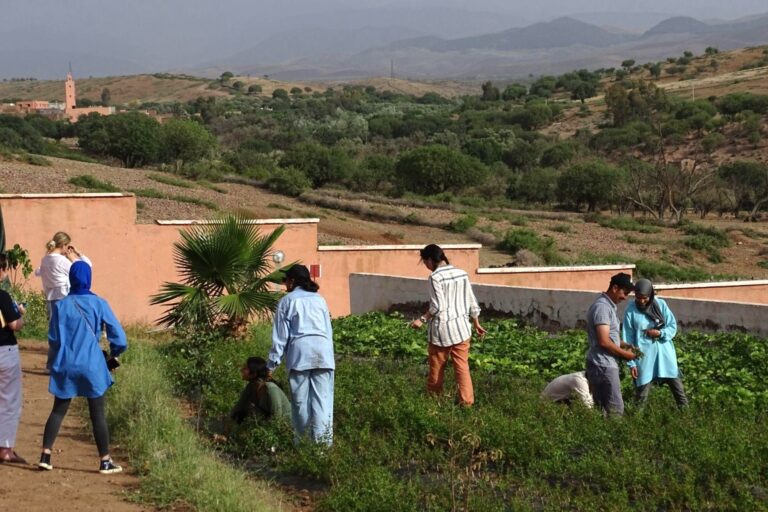
Participatory Interfaith Dialogue and Development:The Keys to Addressing People’s Needs in Morocco

Human Rights, Inequality, and Public Health: An Integrated Approach
Extreme and growing material inequalities are a quintessential concern among scholars, particularly within international relations, global governance, and global public health, and they are increasingly recognized as urgent issues by policymakers and activists alike. Socio-economic inequality not only undermines health…
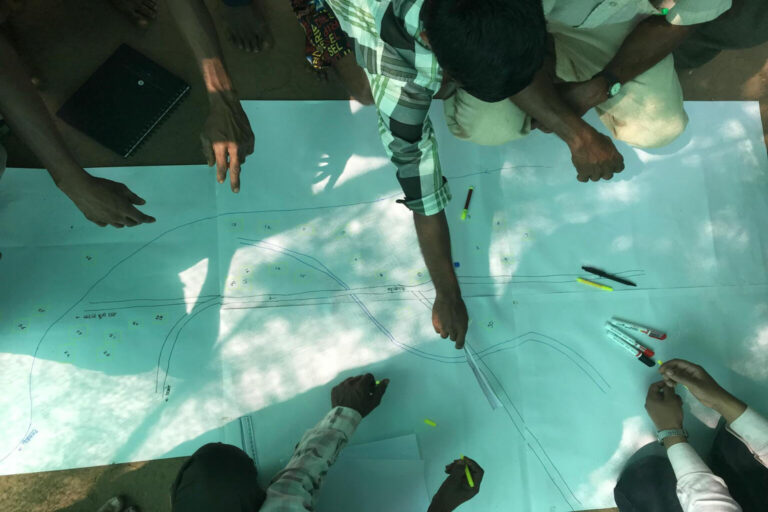
Rethinking Urban Employment Guarantees in India
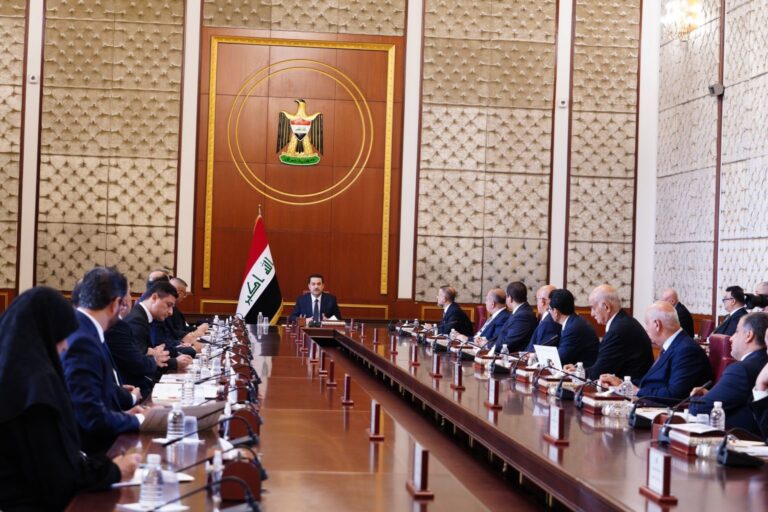
Why Iraq’s Consociation Has Become a Driver for Chronic Instability
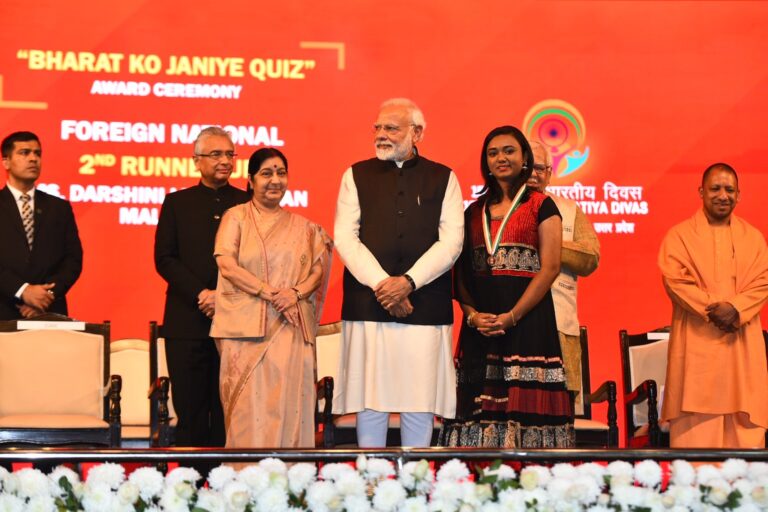
Book Excerpt: The Migration-Development Regime

Why the Global Skills Partnership between Morocco and Belgium is a Positive-Sum Game
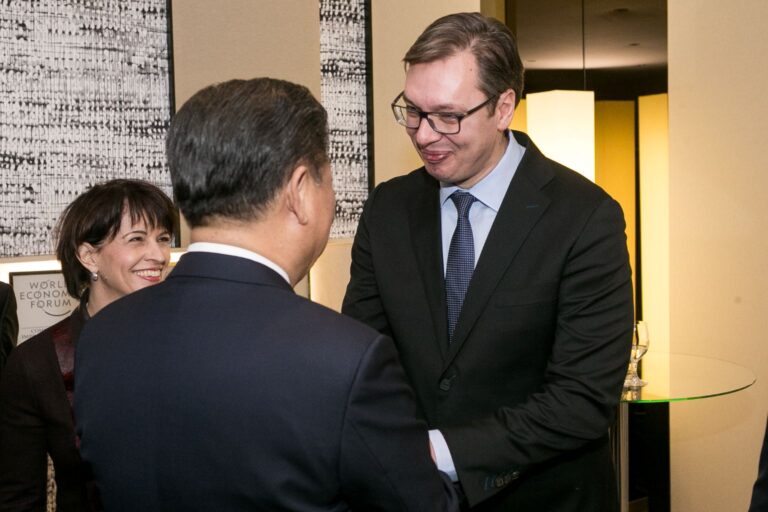
Why China is Serbia’s New Main Ally in the Kosovo Independence Dispute
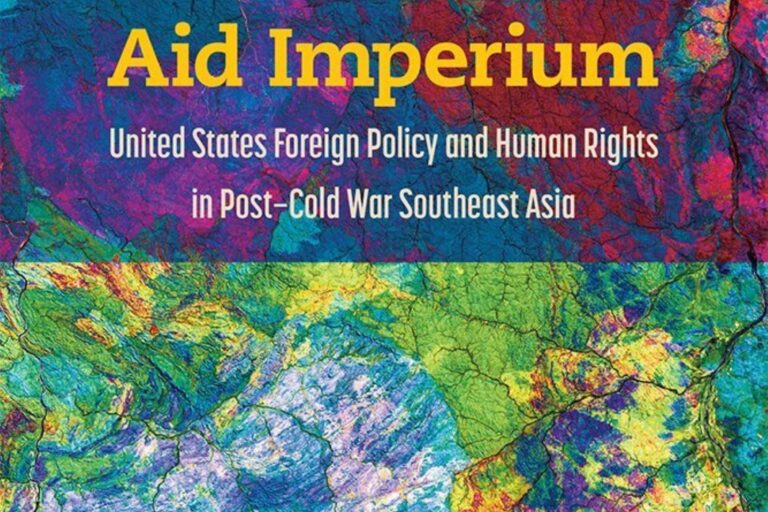
Book Review: Aid Imperium by Salvador Santino F. Regilme Jr.
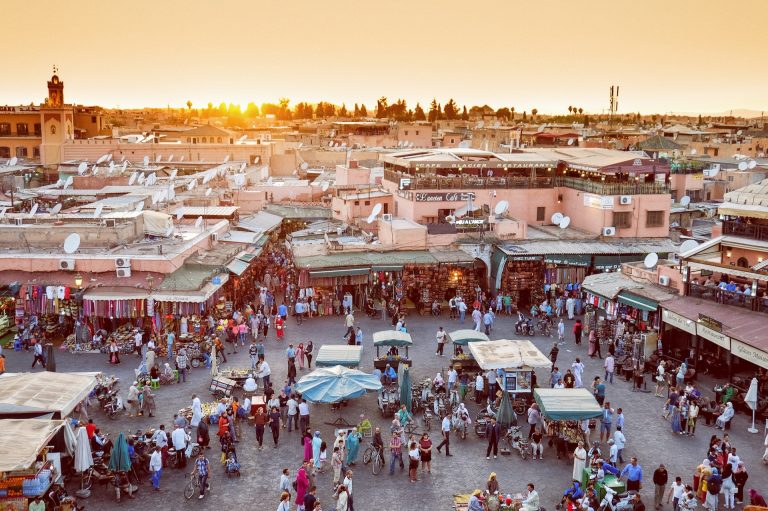
Moroccan Decentralization: Towards Community Development and National Solidarity
Dr. Yossef Ben-Meir first introduced us to development and decentralization in Morocco in 2018. In this new piece, he re-examines and updates Morocco’s progress towards sustainable development. Background on Moroccan Decentralization Decentralization in the Kingdom of Morocco—aiming to make unprecedented…
Three to Tango: Argentina, IMF, and Debt
An examination of Argentina’s current political economy reveals that many structural vulnerabilities persist to this day. Will the current IMF program work?
Why U.S. Foreign Aid Should Not Be Conditioned on United Nations General Assembly Voting Patterns
Tying U.S. aid to individual recipient countries’ voting patterns in the UNGA ... would ultimately deprive the United States of a great tool with which it has so uniquely built its greatness around the world and the world around it: foreign aid.
